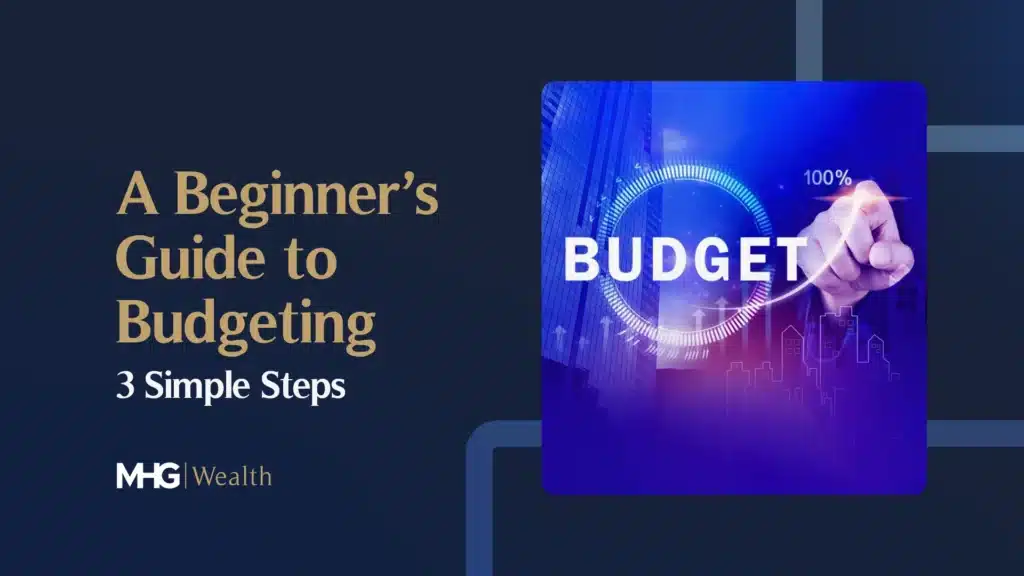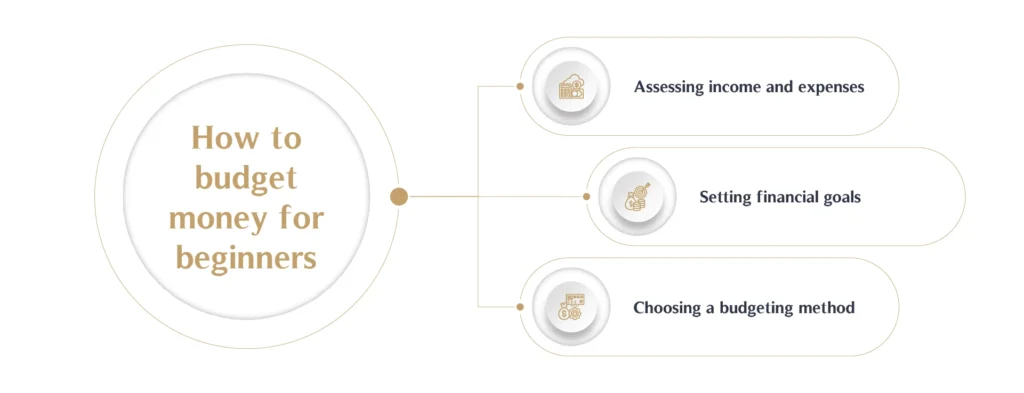Budgeting is essential for anyone who wants to feel like they’re in control of their finances and spending. Budgeting plan lets you know what you can afford in advance, and can help you plan for your long-term future.
In an age of contactless payments and shopping online, it’s very easy to lose track of your personal finances and be out of pocket until your next pay day.. Budgeting has never been more important – whether you’re a beginner or have your own business. Financial advisors consider budgeting effectively to be a key way to look after your wealth.
- Budgeting helps you to plan for the future
- Recognising your needs and wants will help you budget better
- There are many budgeting methods, and the 50/30/20 rule is one of the most popular
This is a guide to budgeting, explaining budgeting for beginners and why the 50/30/20 rule is so popular. Find out how to budget like an expert.
Understanding budgeting for beginners
Common misconceptions about budgeting
Here are some of the biggest budgeting myths, busted.
- Budgeting is hard and time-consuming – Making a budget initially involves some planning, but once it’s done, it’s usually a simple procedure. And there are many types of budget, with some more simple than others.
- Only financial experts can budget – You don’t need to be a number cruncher to know how to budget. All you need to do, basically, is work out how to make your income and spending balance.
- I only need a budget if I’m struggling with money – It may be less essential for you if this is the case, but you could be even better off financially if you were to budget, too. Plus, you never know if financial problems could be around the corner, unfortunately.
The benefits of budgeting
- It gives you greater control of your finances
- Helps you to focus on your money goals
- It makes you more aware of your savings and debts
- You can stay on top of your spending
- Helps you to save for the unexpected
Key budgeting concepts
- Financial goals – Identify what you want to accomplish and plan in case it happens
- Income and expense tracking – Make a record of income and expenses, either with a budget app or good old pen and paper
- Needs vs wants – Consider which of these categories your expenses fall into, and you’ll feel more empowered
- Fixed and variable expenses – Which of your expenses are regular and pre-determined, and which fluctuate
How to budget money for beginners
Here’s how to budget.
Assessing income and expenses
Before you start budgeting, you need to assess your income, so check your bank statement, or look at your payslip, if you’re not sure. Simply rounding up your take-home pay isn’t a good idea, because you could be allocating money you don’t have. If you’re self-employed, make sure you set aside money for tax each time you’re paid.
When working out your expenses, take a look at your spending from previous months to work out your typical expenditure, and judge whether there are areas in which you’re overspending. A good way of doing this is to go through your bank statements for the last three-to-six months.
Look at ways you could reduce spending, such as switching your energy supplier, or cancelling subscriptions.
Setting financial goals
Think about what you want to achieve, and make a list of your short and long-term goals. Short-term goals could take up to three years to achieve, and could include paying off credit card debt. Long-term goals could include your children’s education, or saving for retirement.
In an ideal world, you’d put money towards your goals every month, but there may be times that you can’t, such as in the run-up to Christmas, or if you need to repair your car, for example. Don’t worry and return to saving when you can.
Your goals may change over time, but as long you identify any changes, you’ll find it easier to stick to a budget.
Choosing a budgeting method
Next, you need to consider which method of budgeting would work best for you. There are different ways to budget. For example, if you have a set income and are happy to make your record-keeping meticulous, you may want to consider a zero-based budget. This means you account for every single pound, and each pound has a purpose.
The 50/30/20 rule
The 50/30/20 rule is one of the most popular ways to budget and has had lots of media attention since the cost of living crisis took hold in the UK.
Firstly, you need to break down all your fixed and variable expenses and categorise them into things you need to have, and things you want to have. The fuel you need in order to drive to work is a must-have, whereas going out to a restaurant is something you’d like.
Next, you need to divide your take-home pay into three spending categories.
- Needs – 50%
- Wants – 30%
- Savings – 20%
The 50/30/20 rule can be tweaked to fit your circumstances, but the general framework is a great way to budget. It helps you plan for the future, prioritises your needs over your wants, and encourages you to save your money.
Combine the ease in which you can spend money in modern times with the cost of living, and budgeting has never been more important. However, it isn’t as stressful as you might think, and will make life easier in the long run.
If you’re not sure which budget would be best for you, there’s lots of help out there. The internet is full of great ideas, and there are smartphone apps that can help you get to grips with your budget. But the best help you can get is to speak to expert financial advisers at MHG Wealth Management, today.






